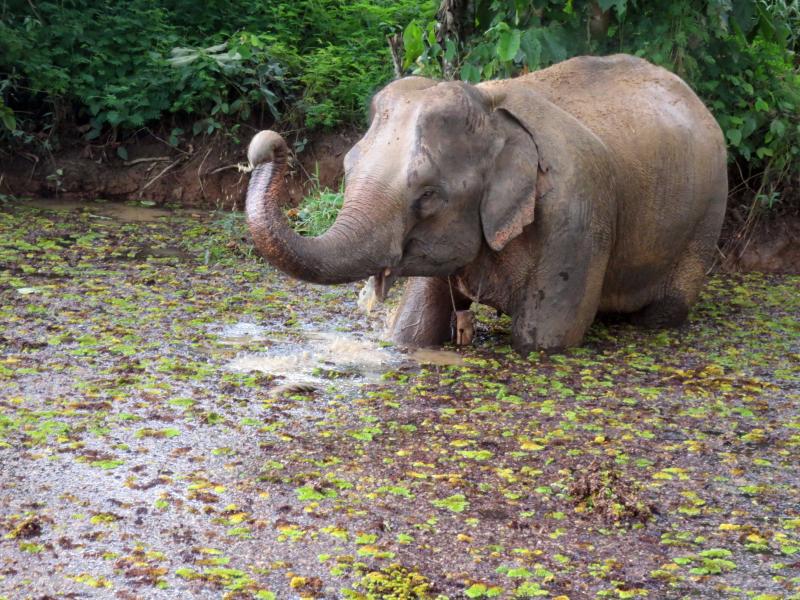Due to the interconnectivity of the Mekong Basin system, catchment management is required to facilitate sustainable development throughout the region. When considering water resource management, all other ecosystem processes associated with the nature of water must also be recognised. Ecosystem services in the Mekong region are under pressure due to rapid, unplanned development, climate change and population growth. MMA is able to facilitate proper planning and management of the Mekong’s diverse services, using a framework considering the whole ecosystem and estimating the value of each service it provides. Through maintaining the viability of natural resource based livelihoods of the communities dependent on the river, we aim to ensure society has access to a healthy and resilient riverine environment. Wetlands in the Mekong in particular provide a large range of ecosystem services, including food, fuel, climate regulation and nutrient cycling. Managing wetland biodiversity will strengthen the capacity of local people to develop sustainably, conserving this rich natural resource.
MMA is also able to develop environmental impact assessments (EIA), undertake strategic environmental assessments (SEA), and develop cumulative impact assessments to evaluate aspects (social, biophysical, environmental, and economic), of different development proposals. In the LMB, rapid changes including schemes for water development means that these assessment tools will represent methods to advise and facilitate discussion of strategic management strategies.

